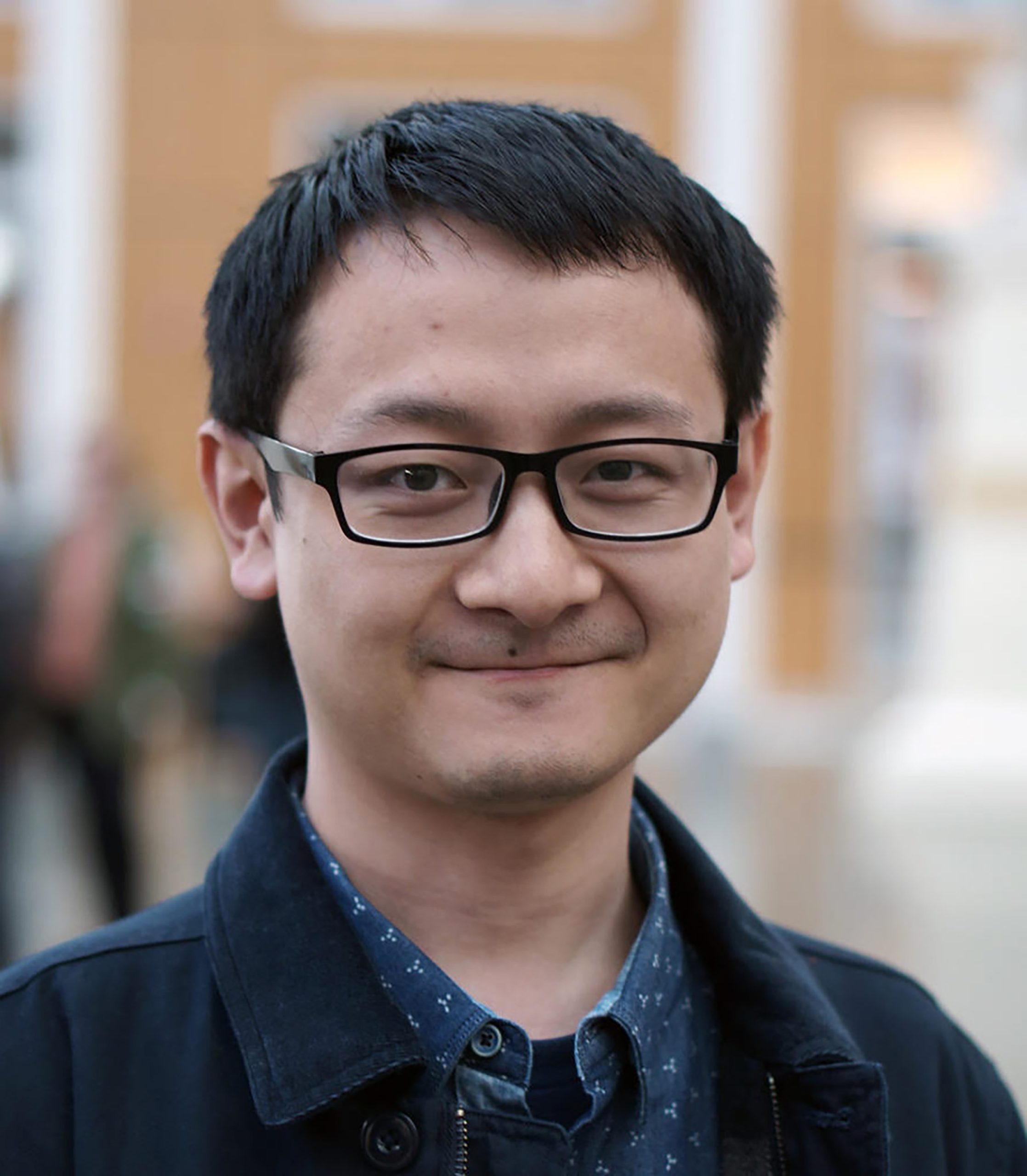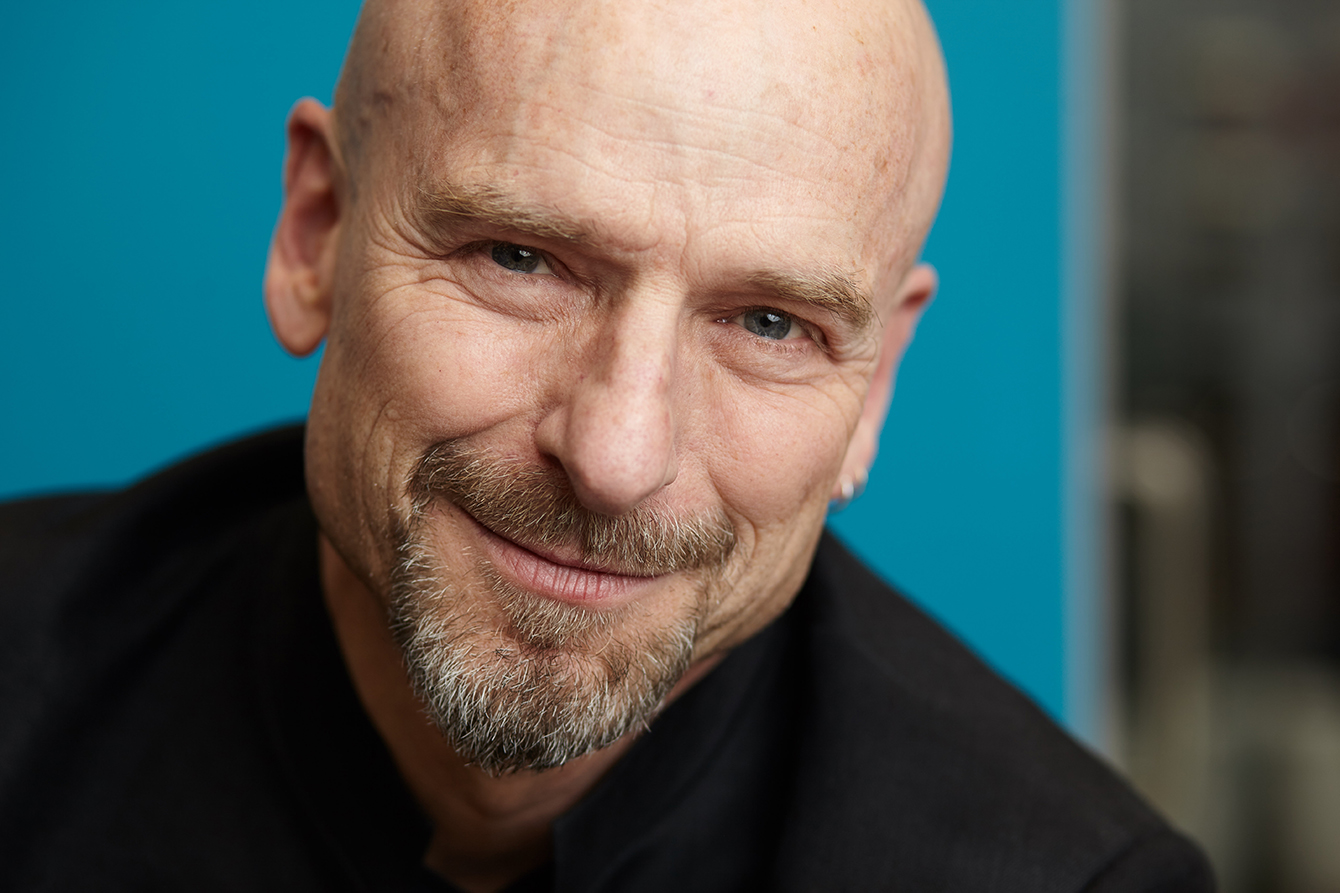Built around three seminal 20th century figures–the artist-designer Bruno Munari, the writer-educator Gianni Rodari, the novelist Italo Calvino–the course aims to explore structural, combinatory, and generative thinking about storytelling. It combines the study of literary theory and history, literary works such as folktales and children’s stories, and computer-assisted creation employing both textual and visual generative AI tools. By the end of the semester, the class will result in the creation of a well crafted, curated, and edited volume of AI folktales.
This course aims to examine the philosophical foundation of data-driven storytelling and explore how data is incorporated into contemporary transmedia storytelling. The course will also explore how data can provide not only an analytical but also an experimental mode of scholarship. Topics covered may include data visualization, database aesthetics, game studies, and pattern recognition/discrimination.
Christopher Brown interviews Jeffrey Schnapp about The Electric Information Age Book: McLuhan/Agel/Fiore and the Experimental Paperback.



Founded as a graduate program in 1904 and joining with the undergraduate Literature Concentration in 2007, Harvard’s Department of Comparative Literature operates at the crossroads of multilingualism, literary study, and media history.
© 2023 President and Fellows of Harvard College
Sign up to receive news and information about upcoming events, exhibitions, and more